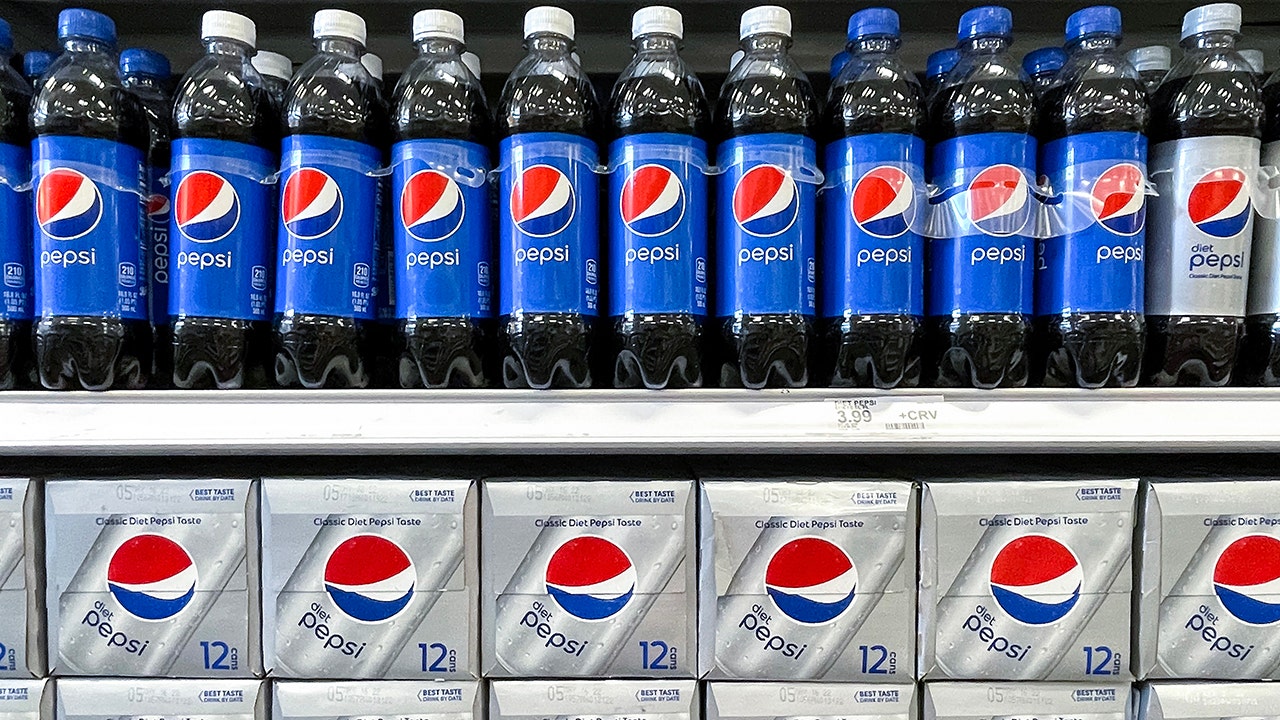A Russian organization linked to the Kremlin’s covert influence campaigns posted more than 8,000 political advertisements on Facebook despite European and American restrictions barring companies from doing business with the organization, according to three organizations that track disinformation online.
The Russian group, the Social Design Agency, evaded lax enforcement by Facebook to place an estimated $338,000 worth of ads aimed at European users over a period of 15 months that ended in October, even though the platform itself highlighted the threat, the three organizations said in a report released on Friday.
The Social Design Agency has faced punitive sanctions in the European Union since 2023 and in the United States since April for spreading propaganda and disinformation to unsuspecting users on social media. The ad campaigns on Facebook raise “critical questions about the platform’s compliance” with American and European laws, the report said.
The report follows the announcement by Facebook’s parent company, Meta, that it was changing its rules for content it allows on its social media platforms, including eliminating fact checks that flagged or removed posts. The changes will almost certainly intensify Meta’s confrontation with regulators in Europe over how it handles disinformation and other corrosive content.
The changes include lifting automatic restrictions on content regarding race and gender that could run afoul of the European Union’s Digital Services Act, which requires social media platforms to restrict illegal and harmful activities online and the spread of disinformation. The 27-nation bloc announced last year that it had launched an investigation into Meta over poor oversight of deceptive advertisements on Facebook and Instagram.
When Meta’s chief executive, Mark Zuckerberg, announced the content policies last week, he appeared to allude to the company’s regulatory fight with the European Union, appealing to President-elect Donald J. Trump to “push back against foreign governments” that he said were seeking to restrict free speech.
The Social Design Agency is a public relations company in Moscow that, according to American and European officials, operates a sophisticated influence operation known as Doppelgänger.
Since 2022, Doppelgänger has created cartoon memes and online clones of real news sites, like Le Monde and The Washington Post, to spread propaganda and disinformation, often about the war in Ukraine.
A Meta spokesman declined to comment on the report, but pointed toward the company’s own public warnings about Doppelgänger.
Meta first identified the campaign in a threat analysis published in 2022, linking it to the Social Design Agency. It repeatedly blocked its operations when it finds them, prompting the campaign’s organizers to shift tactics to avoid detection.
In another threat analysis in December, Meta said that “we no longer see Doppelgänger attempting to direct people on our apps to its domains mimicking websites of news outlets or government entities.”
Meta’s analysis noted that the campaigns appeared to have little impact, but the Russian group continued its efforts on other social media sites, including Reddit, Pinterest, Tumblr and Medium.
The organizations documenting the campaign — Check First, a Finnish research company, along with Reset.Tech in London and AI Forensics in Paris — focused on efforts to sway Facebook users in France, Germany, Poland and Italy. Doppelgänger has been also linked to influence operations in the United States, Israel and other countries, but those are not included in the report’s findings.
The research relied on thousands of internal documents from the Social Design Agency obtained by two European news organizations,: Delfi Estonia and Süddeutsche Zeitung..
The Social Design Agency did not respond to a request for comment.
The documents included screenshots of the group’s interactions with Meta’s Ad Manager, the platform for businesses to place and track ads on Facebook, using inauthentic user names. The documents allowed researchers to reconstruct the scale and cost of Russian information operations in greater detail than usual.
The researchers estimated that the ads resulted in more than 123,000 clicks by users and netted Meta at least $338,000 in the European Union alone. The researchers acknowledged that the figures provide only one, incomplete example of the Russian agency’s efforts.
In addition to propagating Russia’s views on Ukraine, the agency posted ads in response to major news events, including the Hamas attack on Israel on Oct. 7, 2023, and a terrorist attack in a Moscow suburb last March that killed 145 people. The ads would often appear within 48 hours, trying to shape public perceptions of events.
After the Oct. 7 attacks, the ads pushed false claims that Ukraine sold weapons to Hamas. The ads reached more than 237,000 accounts over two to three days, “underscoring the operation’s capacity to weaponize current events in support of geopolitical narratives,” the researcher’s report said.
Alexandre Alaphilippe, executive director of the EU Disinfo Lab, a nonprofit research organization based in Brussels, said the report highlighted the need for Meta to do more, not less, to fight disinformation, and for E.U. regulators to hold the company accountable.
“If Europe is to be a sovereign entity with its own laws, those laws must be applied by platforms and other actors,” he said. “A failure to enforce them properly raises serious concerns about sovereignty and whether Europe can ensure its laws are respected on its own territory.”





